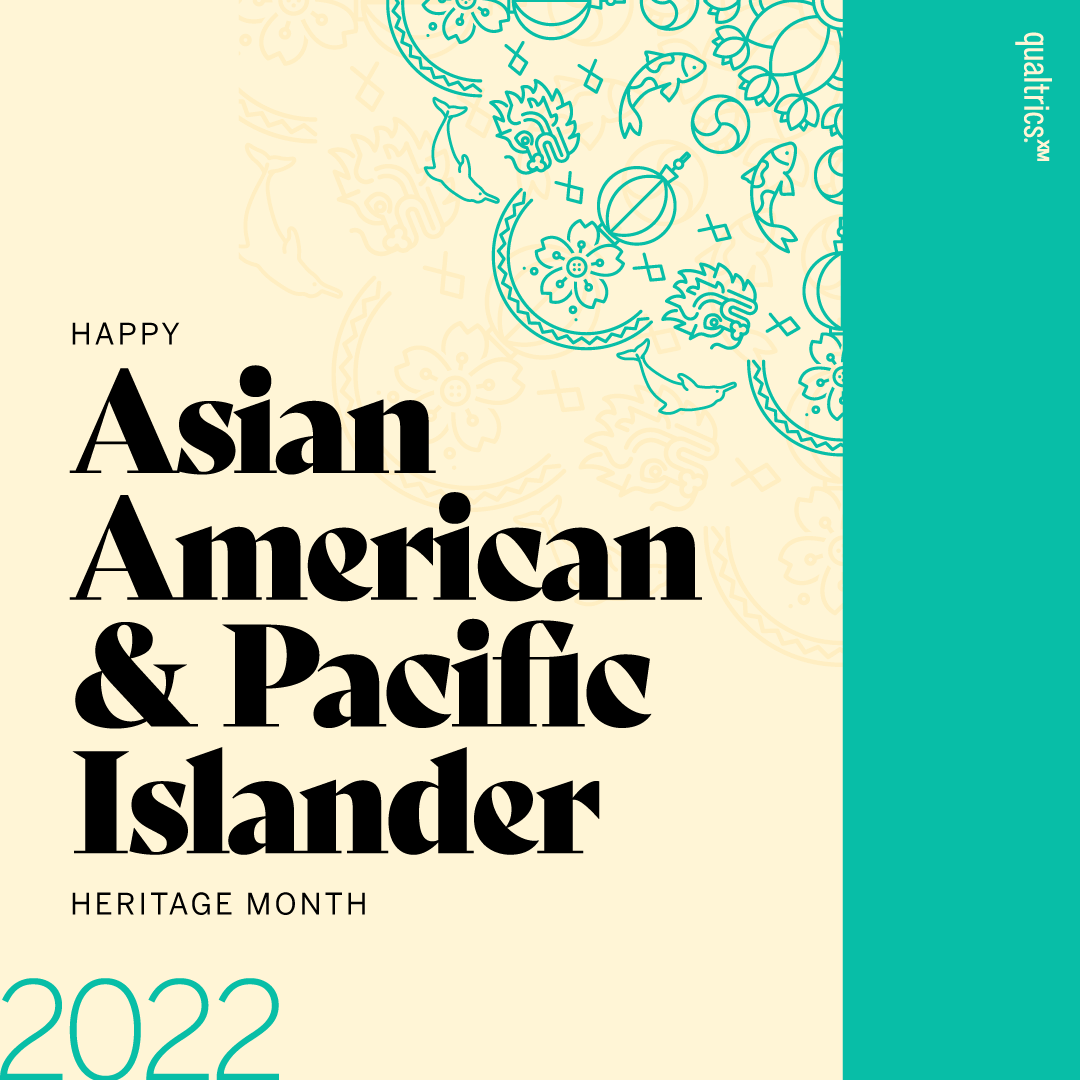
May is Asian American Pacific Islander Heritage Month – a month in which we celebrate the kaleidoscope of cultures within the Asian American and Pacific Islander community. During AAPI month we will be sharing stories from some of our AAPI team members to help people understand our history and culture and learn about ways to give back to the AAPI community. We’re putting together a resource page on how to get involved in your local community and will be sharing stories from some of our AAPI team. As chairperson of AAPI Heritage Month, I will be sharing my story and giving some background on AAPI and what you can do to support our community.
One of my favorite things about living in Los Angeles is the melting pot of cultures that call this place home. As someone who loves to eat (and sometimes cook), it’s always an adventure, especially with Asian food. Whether heading to Koreatown for bossam, Cerritos for samosas, Westminster for bún bò huế, or San Gabriel Valley for xiao long bao and dan dan noodles, I can easily find something authentic to hit a craving.
That same sense of appreciation for diversity is what inspired the theme for Asian American Pacific Islander Heritage Month: Celebrating a Kaleidoscope Identity.

The theme this year really encourages the Qualtrics community to understand the vast diversity within this AAPI moniker. It may seem to a lot of people that Asian Americans are kind of a monolith – singular – but in reality, there are 21 different ethnic Asian groups within the term Asian American. The same goes for Pacific Islanders – the term refers to people who originate from Polynesia, Micronesia, and Melanesia, but within those subregions, there are many different ethnic groups. The leadership committee organizing our activities represents a vast diversity of communities within the umbrella: Korean, Vietnamese, Chinese, Hmong, Taiwanese, Desi, Hawaiian and more. As a Chinese Peruvian American, I can’t help but feel strongly that diversity makes us a stronger Qualtrics community.
As I was reflecting on these umbrella terms – Asian American and Pacific Islander – I found that the term Asian American was originated by UC Berkeley student activists in 1968. At the time, Berkeley was a hotbed of activism – people were speaking out against the war and racism – and Asian Americans at the university felt it was necessary to organize under one banner in order to show their support for other ethnic groups (African Americans, Mexican Americans, and Native Americans) at the school who were advocating for their rights. So the term Asian American came from this movement and this necessity to speak out against the status quo.
Unfortunately, we are still fighting the same fight as these UC Berkeley students were in the 60s. In the last year, nearly 11,000 AAPI hate incidents have been reported. The movement “Stop AAPI Hate” (also known as “Stop Asian Hate”) was created to shed light on the escalation of violence, harassment, and discrimination against AAPI people.
AAPI hate comes in many different forms – it’s not just outright violence. Some forms are dismissal of experiences, stereotyping, racialized humor, internalized racism, and fetishization. These are things that can happen in everyday life, hanging out with friends, at school, and even at work within the Qualtrics community so it’s important that we understand these microaggressions in order to prevent them. As an anti-racist organization, Qualtrics makes it clear that we do not tolerate any kind of racism. With most things at Qualtrics, if you can envision it you can build it. If you have big ideas, there’s nothing to stop you here – and that pertains even to our values around diversity and inclusion.
So as we celebrate AAPI Heritage Month, we invite everyone at Qualtrics to:
- Get to know us and our cultures through Qualtrics Life stories from of our AAPI members
- Hear from AAPI leaders at work via the Leadership Panel
- Celebrate AAPI representation in the media with our keynote speaker Michelle Zauner
- And dive deeper with our resources page, providing more avenues to stay connected with the community